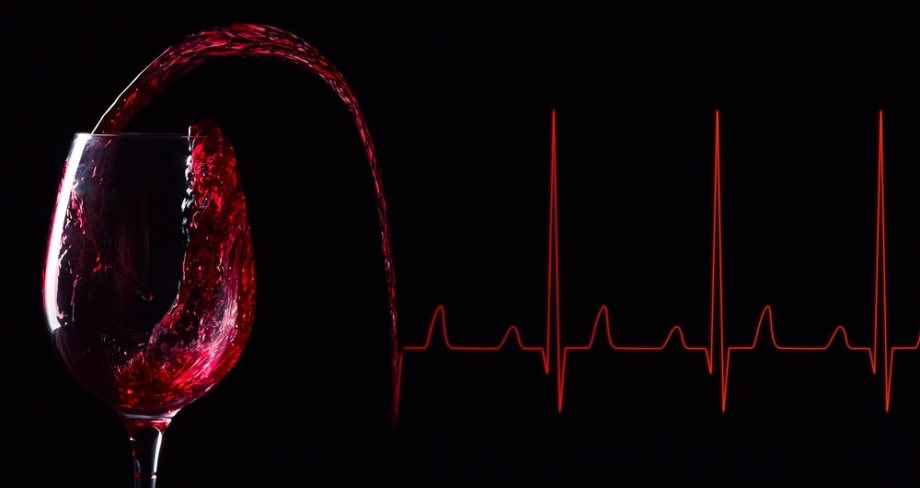
One of the things I find quite maddening is that some things are considered good today and then suddenly — bad tomorrow. If this type of nonsense wouldn’t have potentially very serious consequences, it would only be hilarious.
For instance, scientific research shows that having three cups of coffee per day is beneficial for heart health, and then two years later other research claims that it should only be two cups and only taken in the morning. Really?
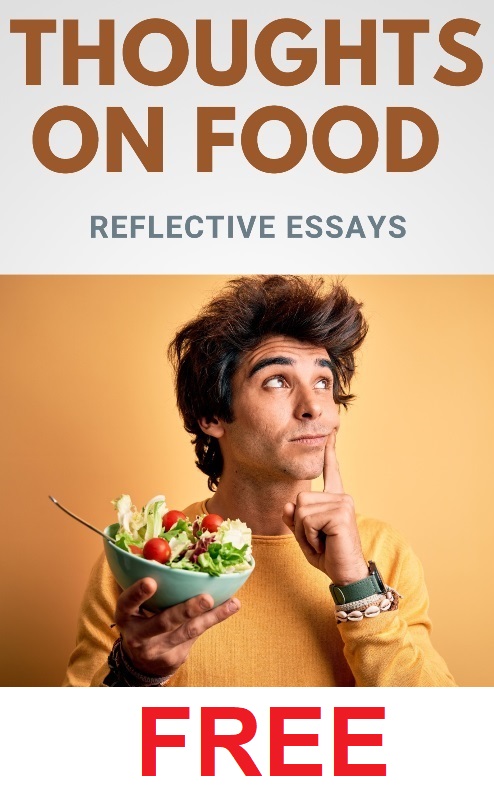
Then, up to a year ago, it was commonly accepted that two glasses of wine per day is good to increase longevity, but recent research on the topic says you shouldn’t drink any alcohol at all because it will diminish your lifespan. And of course, two years from now it will be proclaimed that wine is good after all, but then only one glass of dry red wine, or such, if taken in the evening.
Or, this or that kind of medication is good for this or that, and then out of the blue — after renewed and “thorough” research — it’s actually proclaimed cancerous and hence dangerous for health when taken more than one year consecutively, or in this or that dose when you’re older than thirty, or together with apple juice, or whatever.
The list of this sort of contradictory statements and advice goes on and on. What it tells us is that so-called scientific research, medical advice, or governmental health guidelines, etc. cannot possibly be taken very seriously. In fact, we cannot trust the accuracy and truthfulness, and things may leave us with a very bitter taste, so to say.
The same counts for looking things up in an Internet search engine or AI answering engine. If you would ask: does chocolate give you diarrhea or alternatively would ask if chocolate gives you constipation, you would get an affirmative answer on both questions. And if you would state it in the affirmative, like “chocolate gives you constipation” or “chocolate gives you diarrhea” you would likewise get a “Yes” on both statements.
The thing is that research on the beneficial or negative effects of things, like consuming certain foods or drinks, or of sunbathing, swimming, jogging, or watching television, and whatnot, is always limited, that is, not taking all possible factors into account. Not to talk about the limits of the tools and techniques used to conduct specific types of research.
For instance, research on a certain topic is perhaps done in a certain country with a specific climate and specific cultural habits, or only with women or only with men or with a certain age group, with healthy people or not so healthy people, or in the winter and not in the summer, and so on. What I want to say is that the variables under which specific research is done vary enormously from researcher to researcher and from era to era. In addition, research methods and techniques may simply have been flawed.
Therefore, it takes a very discerning mind and thorough investigation from any given person to actually find the “best truth” about anything you want to know about. Moreover, it needs deep self-knowledge, advanced body awareness, logic and caution to finally come to the “truth for you.”

And I think that is — in most cases — what it’s all about. For instance, two glasses of wine per day may be beneficial for health for person A, but not for person B. Or, certain medication works well for him, but not for her, etc.
It means that any given person should always be careful with anything new they engage in. It’s important to first test the effects by consuming just a bit and monitor bodily, emotional, and mental reactions before consuming a bit more, or if it’s an activity — to start very slowly and likewise monitor the effects on body and mind while gradually increasing certain activities.
In a more general sense, I also think it’s a matter of moderation. One could say that anything done, undergone, or consumed excessively will most likely cause health issues. As was already known in ancient times: living life wisely and in health is all about balance, which is attained by avoiding the extremes of indulgence and asceticism.


 Find themed health, wellness, and adventure holidays around the world.
Find themed health, wellness, and adventure holidays around the world.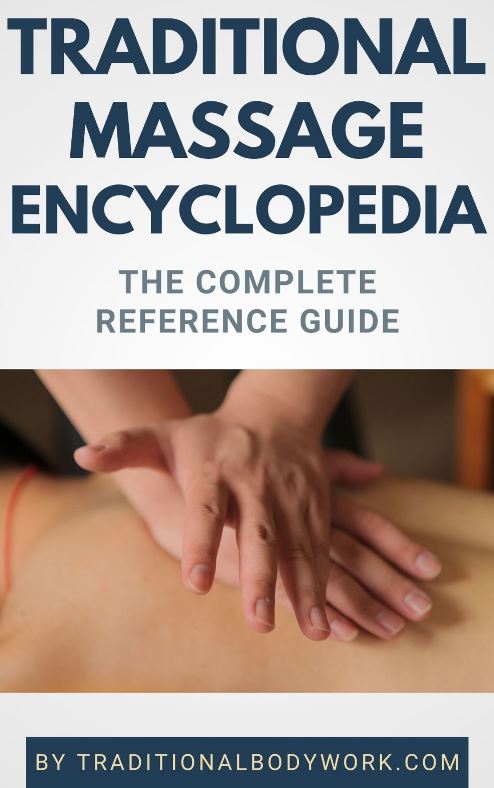
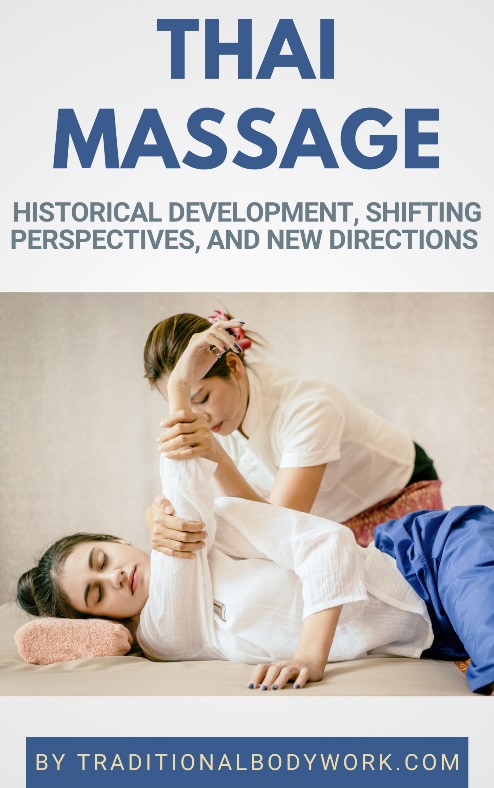
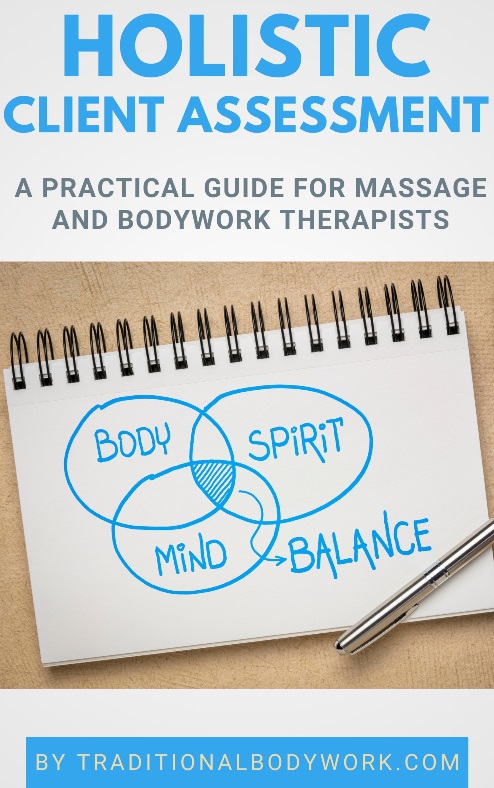

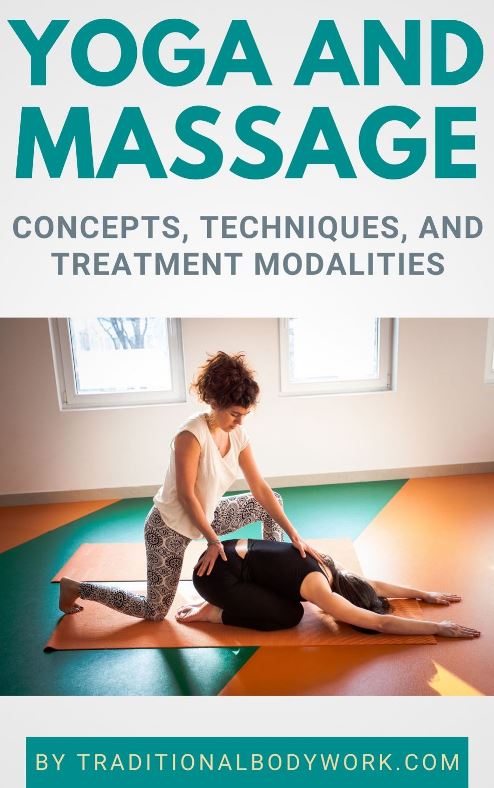













 Find themed health, wellness, and adventure holidays around the world.
Find themed health, wellness, and adventure holidays around the world.